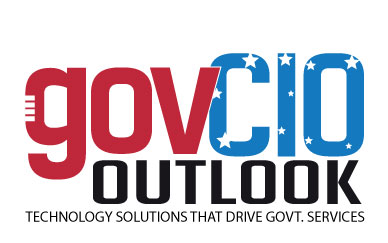March - 20218GOVERNMENT CIO OUTLOOKIN MYOPINIONCory Godwin, Director of Jail Operations, Walton County Sheriff's OfficeByNo doubt that the year 2020 will go down as the year that disruption was normalized. As we close the chapter in 2020 it is important to reflect upon our experience and the actions taken to sustain our operations during this global pandemic. We should ask ourselves and our teams, "What have we adapted to that we now need to adopt?" For corrections professionals, this included strategies like increased sanitation, isolation of the ill, availability of personal protection equipment, technology deployment to accomplish court hearings and attorney visits, temperature screenings of all new intakes, and much more. While these actions were driven by our response to COVID-19, they are practices and process improvements that should now be integrated into our future strategies. We also learn in the crisis that many of our rigid policies and even our great and innovative systems can fail us. It is during crises that the human dimensions are emphasized. Regardless of our actual mission, our new shared mission includes:· The ill must receive care· The families who endure loss must be comforted· Those who well have to keep functioning; at higher levels, despite their fears.Like you, I have been amazed at the courage and dedication of our corrections employees who have selflessly put the needs of others ahead of their fears to mitigate the effects of COVID-19. They are truly the definition of "essential workers", and our most valuable asset. While it is certainly critical to focus on strategy and have effective systems, technology, and work processes in place, it is our people who make the difference. While leaders should always work to create a people-centric workplace, during crises it is essential that the human element be the priority.It is a common misconception that leadership is all about telling followers what to do, and getting them to do it ...no matter what. Humanity requires that leaders be considerate of others, are intentional about getting to know what a person is going through, and a willingness to adjust process and outcomes for the greater human need.It's one thing to demand that employees be at work on time, it's quite another when you learn they are dealing with a sick child or aging parent that causes occasional tardiness. As followers begin to trust their leaders they become more transparent and willing to share their imperfections and vulnerabilities. Every leader desires to trust and loyalty. Trust is built on empathy and compassion that ultimately leads to the loyalty we all desire. All of the prerequisites for loyalty and loyalty itself are emotions! Therefore, we must be willing to involve ourselves in the emotions of our team members. Leading with humanity as a priority allows us to see past our own needs and wants, and enables us to focus on the people we are privileged to lead and serve.Human-centric leadership during times of crisis requires different behaviors and different leadership decisions because the stakes are higher. Let's consider (6) six crisis leadership behaviors that should be present:Leading in Crisis Focusing on the Truly "Essential"
< Page 7 | Page 9 >
< Page 7 | Page 9 >
